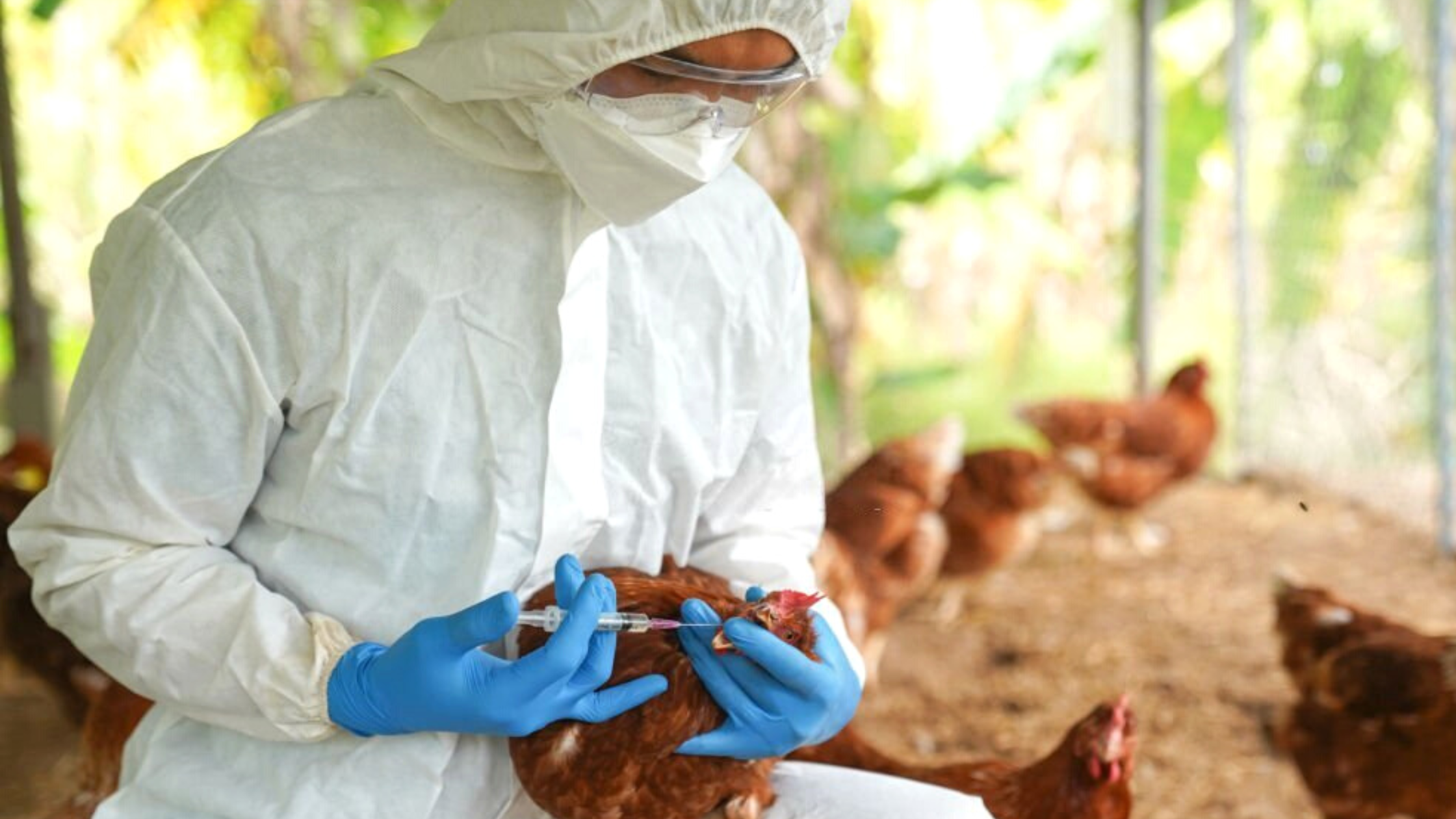Avian Influenza-Alberta Poultry Spotted Another Case!
Nikki Attkisson | Last Updated : August 2, 2022The Canadian Food Inspection Agency (CFIA) has not yet made public information about the species of birds affected or the number of the impacted flocks available. The first case was noted two months ago, and the last case was confirmed on July 28 in Stettler County.
Highly Pathogenic Avian Influenza Detected!
This is the 20th verified highly pathogenic avian influenza (HPAI) incidence in an Alberta poultry industry flock and the 32nd overall in the province.

On May 11, HPAI was discovered in Two Hills County, the last time it was identified in an industrial flock in Alberta.
In Alberta, a backyard flock was last confirmed to have experienced HPAI on June 2. On that day, there were two verified instances, one each in the Wainwright Municipality and Clear Hills County.
What Is HPAI (Highly Pathogenic Avian Influenza)?
Avian influenza (AI), sometimes known as ‘avian flu,’ is a contagious viral illness that affects a wide range of domestic and wild bird species.
When addressing avian influenza, the word ‘pathogenicity’ is frequently used. The phrase relates to the degree of illness severity in poultry. HPAI strains can induce severe clinical symptoms and potentially substantial death rates in poultry.
Because of the existence of HPAI, international trade in live birds and poultry products is restricted. Close contact with diseased birds or extremely contaminated areas has resulted in transmission to people.
Read More About The Birds In Kentucky Were Found To Be Infected With Avian Influenza
Protect The Outbreak:
Domestic poultry outbreaks should be notified to both the federal Canadian Food Inspection Agency (CFIA) and the provincial Office of the Chief Provincial Veterinarian (OCPV).
Avian influenza is usually transmitted via food, water, and polluted by infected bird wastes, or with contact with neighboring flocks, and new birds are added to existing flocks.
If you feel your birds are unwell, keep an eye out for disease symptoms and call your veterinarian or the local CFIA office (Edmonton 780-395-6700).
Producers may help limit the spread of avian flu by practicing rigorous biosecurity and detecting it early.
Early diagnosis ensures a quick reaction, which reduces the spread of the infection and the economic harm to the industry. Prevent wild birds from collating in dugouts and ponds.
If dugouts are utilized as a source of drinking water, the water should be treated to kill the virus.
Before using poultry equipment, make sure everything is clean and disinfected, especially if it has already been used on another farm.
Keep new birds separate from your current flock for 30 days. Visitors to your premises should be kept to a minimum.
Not only Alberta but other counties are also affected:
- The previous time HPAI was identified in a flock of commercial poultry in Canada was on July 22 in Saint-Gabriel-de-Valcartier, Quebec.
- According to the Animal and Plant Health Inspection Service (APHIS) of the United States Department of Agriculture (USDA), the third incidence of HPAI in Sanpete County, Utah, was verified on July 26 in a flock of 12,700 turkeys too.
- On July 14 and July 19, Sanpete County received confirmation of the two earlier occurrences, both of which included greater flocks than the most recent instance. In Sanpete County, avian influenza has infected 38,800 commercial turkeys among the three flocks.
- On April 22, the first incidence was identified in a flock of industrial table egg layers in Cache County. In that flock, there have been greater than 1.5 million layers.
- In the states of Michigan, Wisconsin, Oklahoma, Minnesota, North Dakota, South Dakota, Nebraska, Kansas, Iowa, Missouri, Kentucky, Indiana, Colorado, North Carolina, Pennsylvania, Delaware, Maryland, and Utah, HPAI has been confirmed in commercial poultry thus far in 2022.
- Additionally, the virus has been discovered in South Dakota, Texas, and New York commercial game bird operations.
- On June 8 in Langley Township, British Columbia, the most recent instance of HPAI in commercial poultry was confirmed.
With over 15 years as a practicing journalist, Nikki Attkisson found herself at Powdersville Post now after working at several other publications. She is an award-winning journalist with an entrepreneurial spirit and worked as a journalist covering technology, innovation, environmental issues, politics, health etc. Nikki Attkisson has also worked on product development, content strategy, and editorial management for numerous media companies. She began her career at local news stations and worked as a reporter in national newspapers.